
Starting with Mathematical Foundations with Fred Schenkelberg
Every system in the world, no matter how complex, is designed on an algorithm. All the systems use the same basic principles of mathematics. When there is a failure in a system, there’s a logical explanation for its occurrence. Every engineering principles that vendors follow to build the machines and every calculative functionality they add to it so that it will work the way it is is based on mathematics. That’s why it is very important to have strong mathematical foundation in a reliability-oriented organization.
ᐅ Play Episode

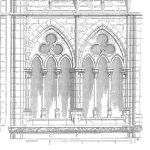

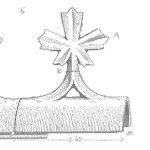



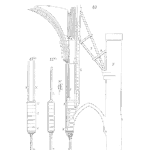
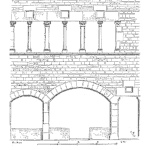
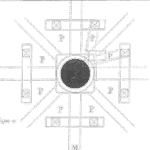

 Ask a question or send along a comment.
Please login to view and use the contact form.
Ask a question or send along a comment.
Please login to view and use the contact form.